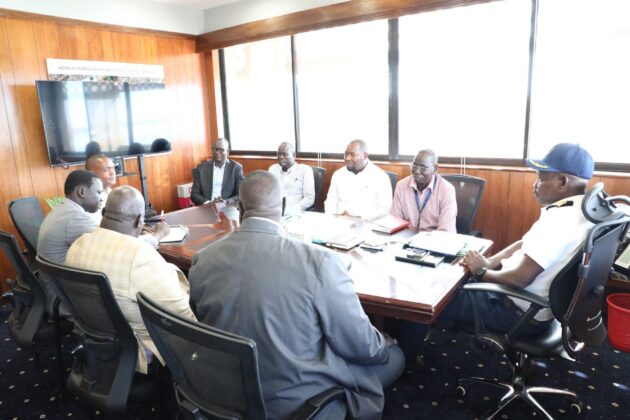South Sudan has assured that there will be maximum security at the Kenya-Sudan border and on South Sudan roads for Kenyan drivers transporting cargo into the country.
This was assured by the South Sudan Revenue Authority Commissioner of Customs, Adout Ajang, who met the Kenya Ports Authority (KPA) managing director, William Ruto, yesterday.
“The commissioner also engaged industry players assuring of security at the border with Kenya and on South Sudan Roads following concerns by Kenyan Drivers,” KPA stated on X.
Furthermore, the commissioner promised that South Sudan will implement the new Electronic Cargo Tracking Note (ECTN) cargo clearance system that will enable the smooth clearance of South Sudan cargo.
“Equally, Mr. Aduot announced the implementation of a needed ECTN cargo clearance system by South Sudan that will soon be launched, to facilitate smooth clearance of South Sudan cargo,” they stated.
Acknowledging the enormous contribution that South Sudan plays in the transit markets for the Port of Mombasa, the two parties engaged in discussions for other opportunities for the transit markets, like in the Naivasha Inland Container Depot and the upcoming Dongo Kundu Special Economic Zones project in Mombasa.
“South Sudan is one of the major transit markets for the port of Mombasa with cargo volumes through Mombasa from the market steadily rising over the years.”
“To better facilitate this key market, KPA has continually engaged with the stakeholders, to understand the unique needs,” it added. By Ken Muthomi, Capital News






